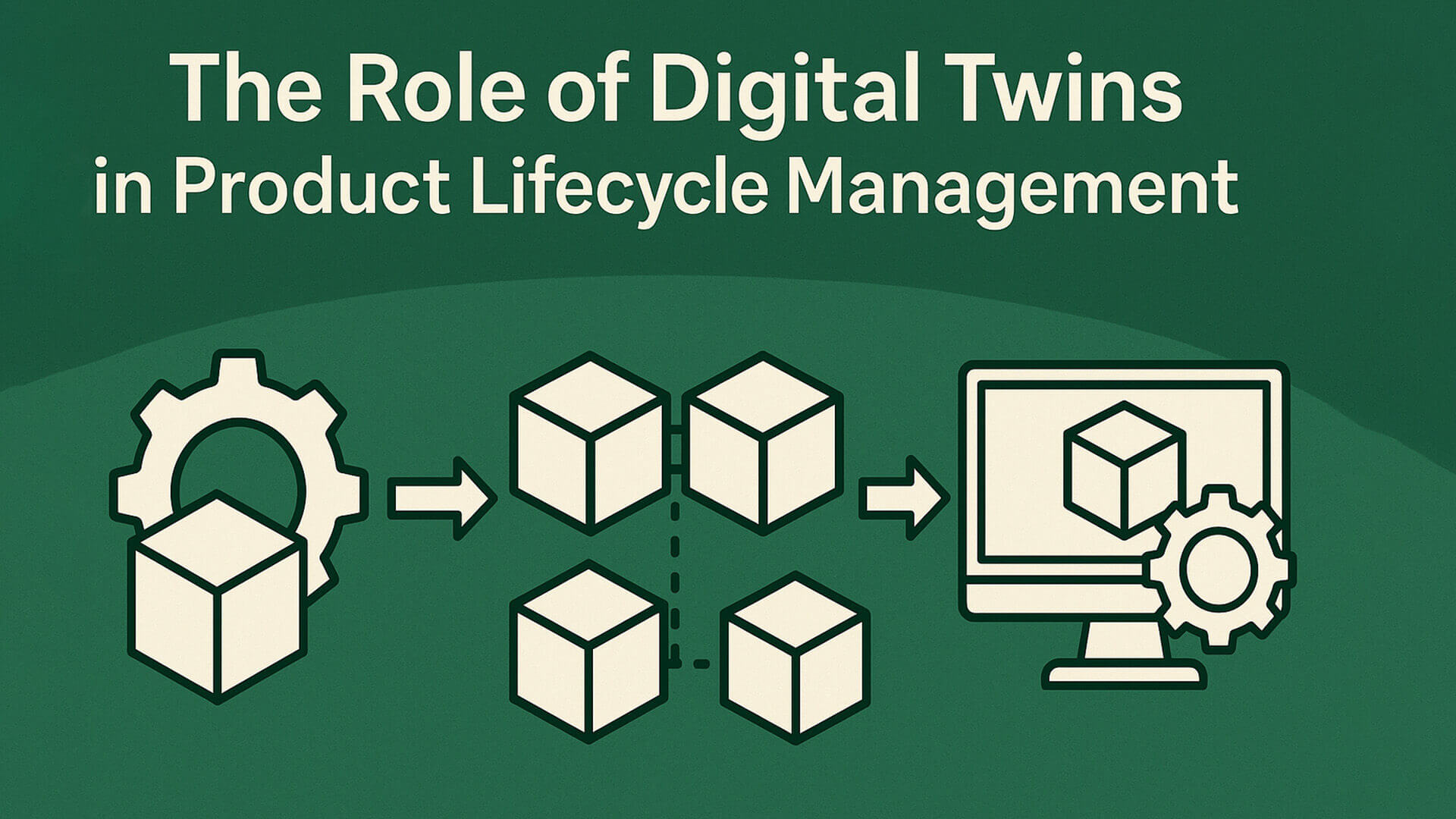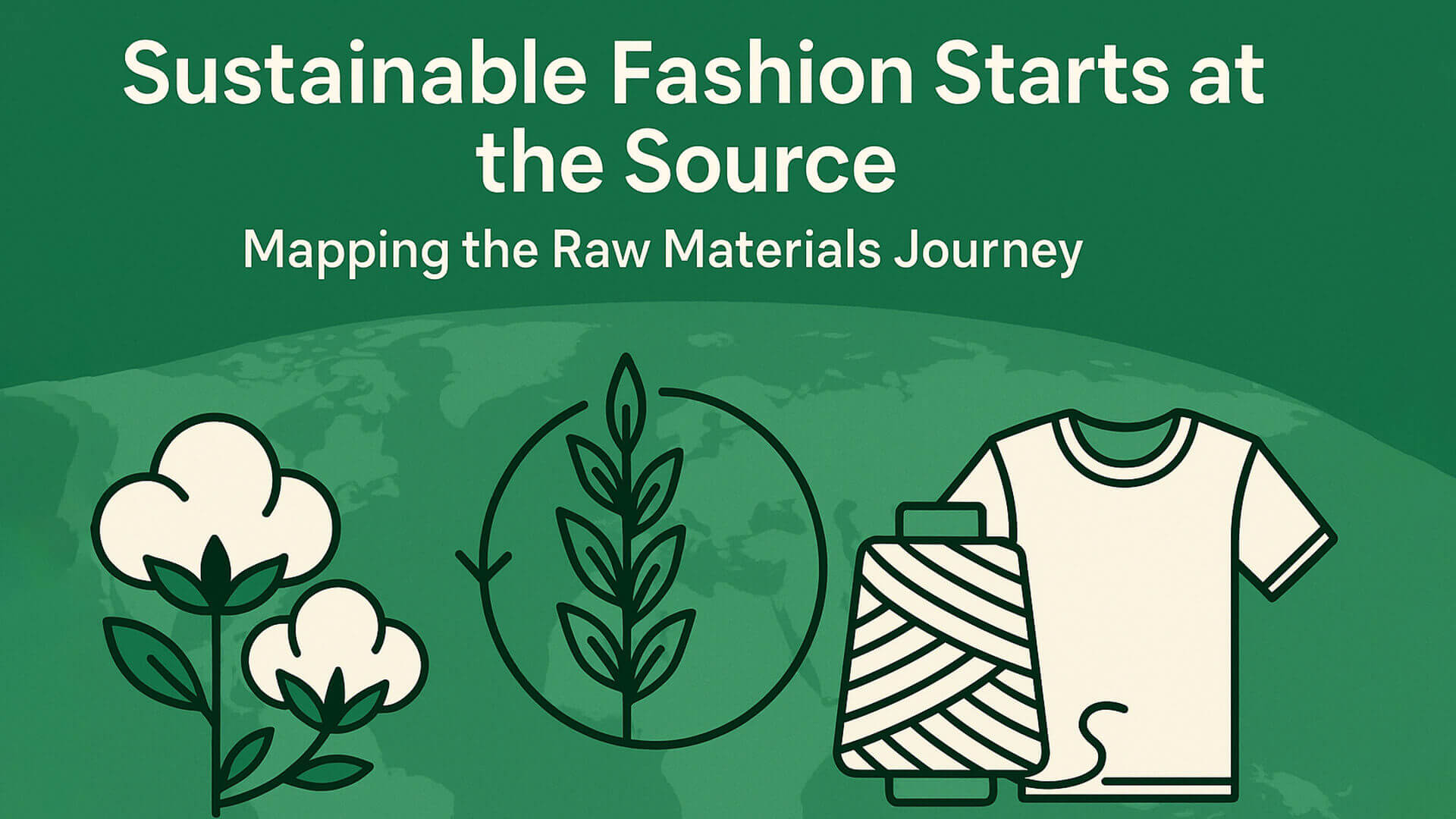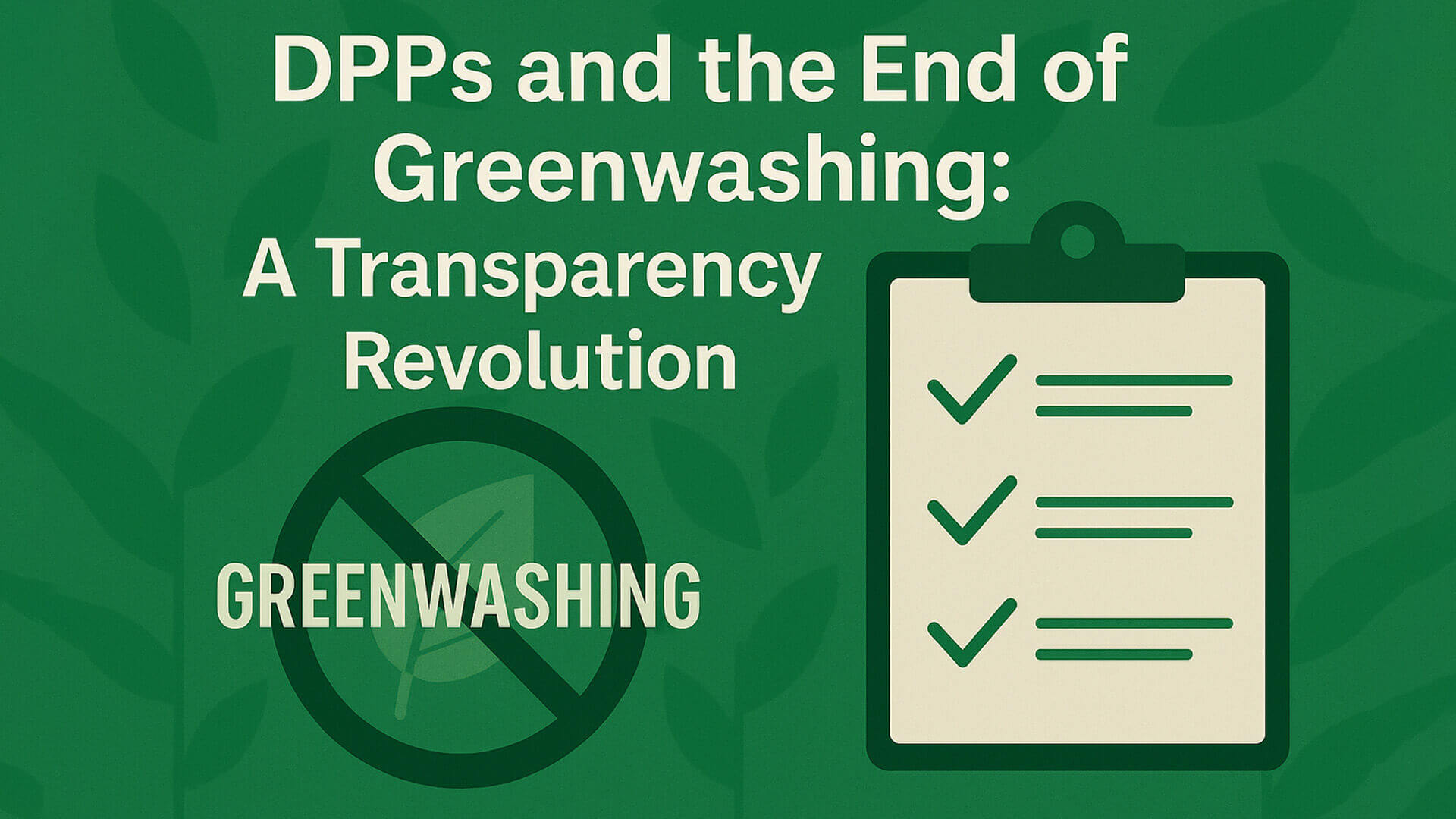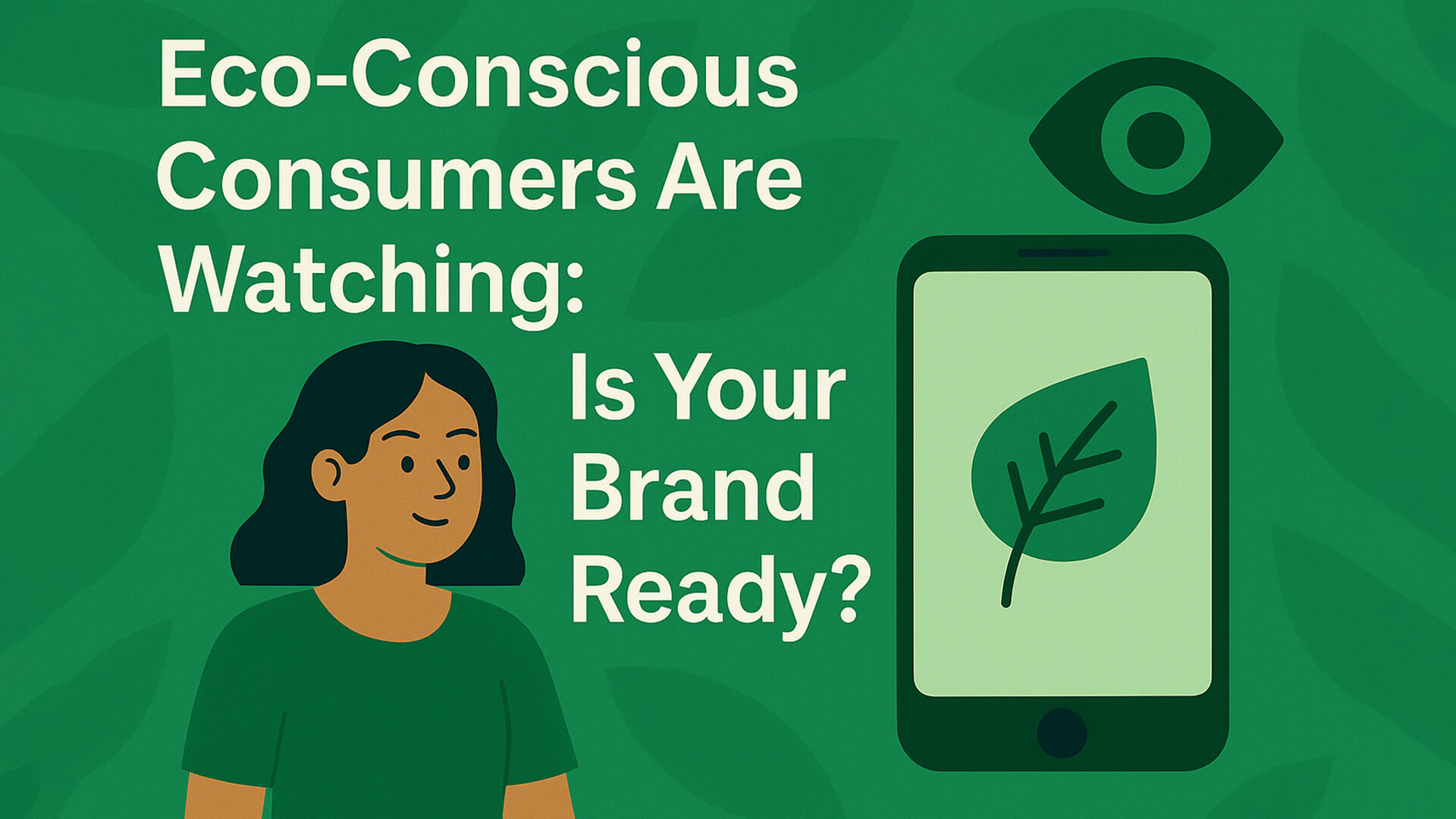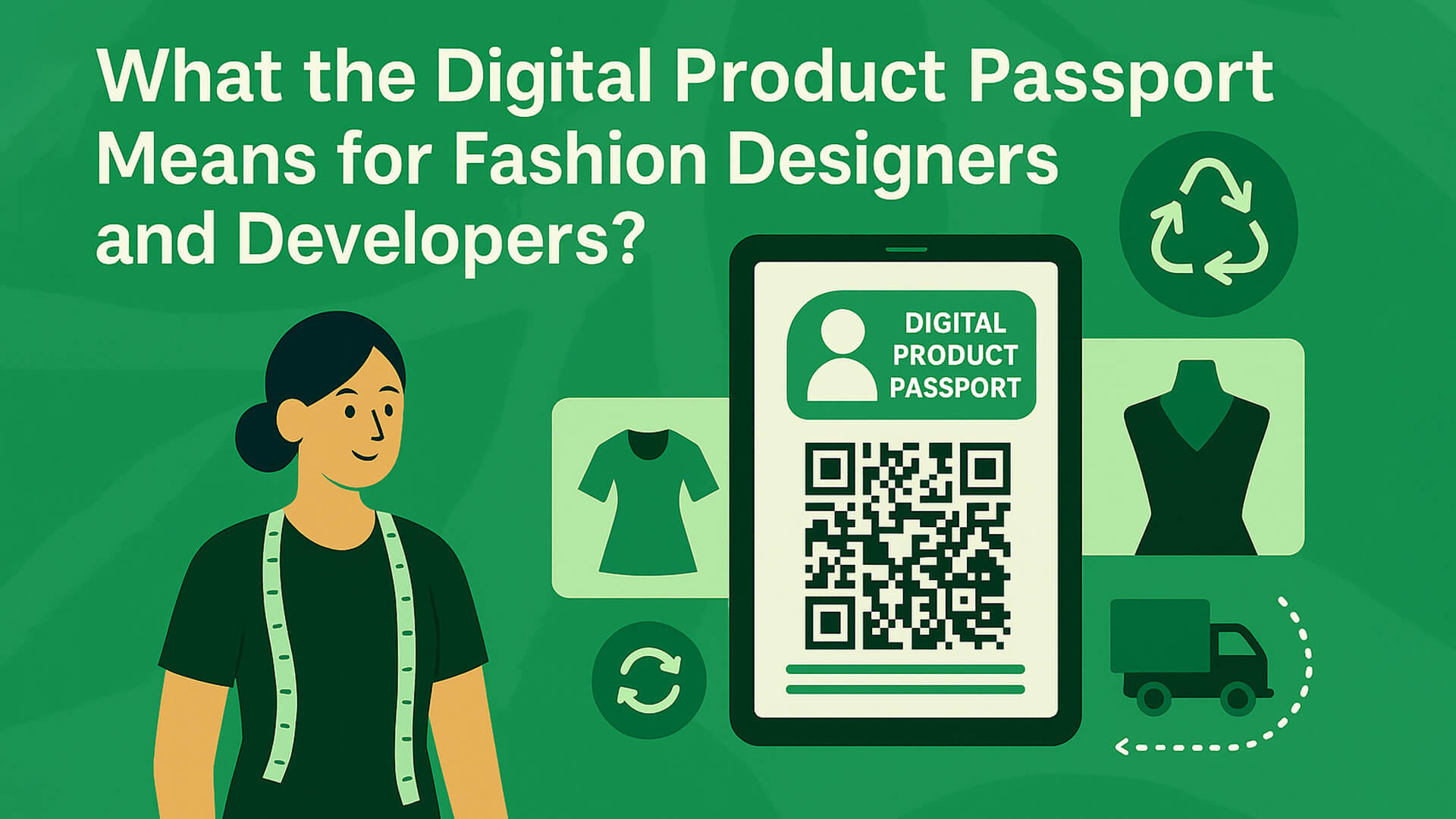- info@greenthreadsdpp.com
- Southampton, United Kingdom
EU Digital Product Passport Mandates: What Small Brands Must Know
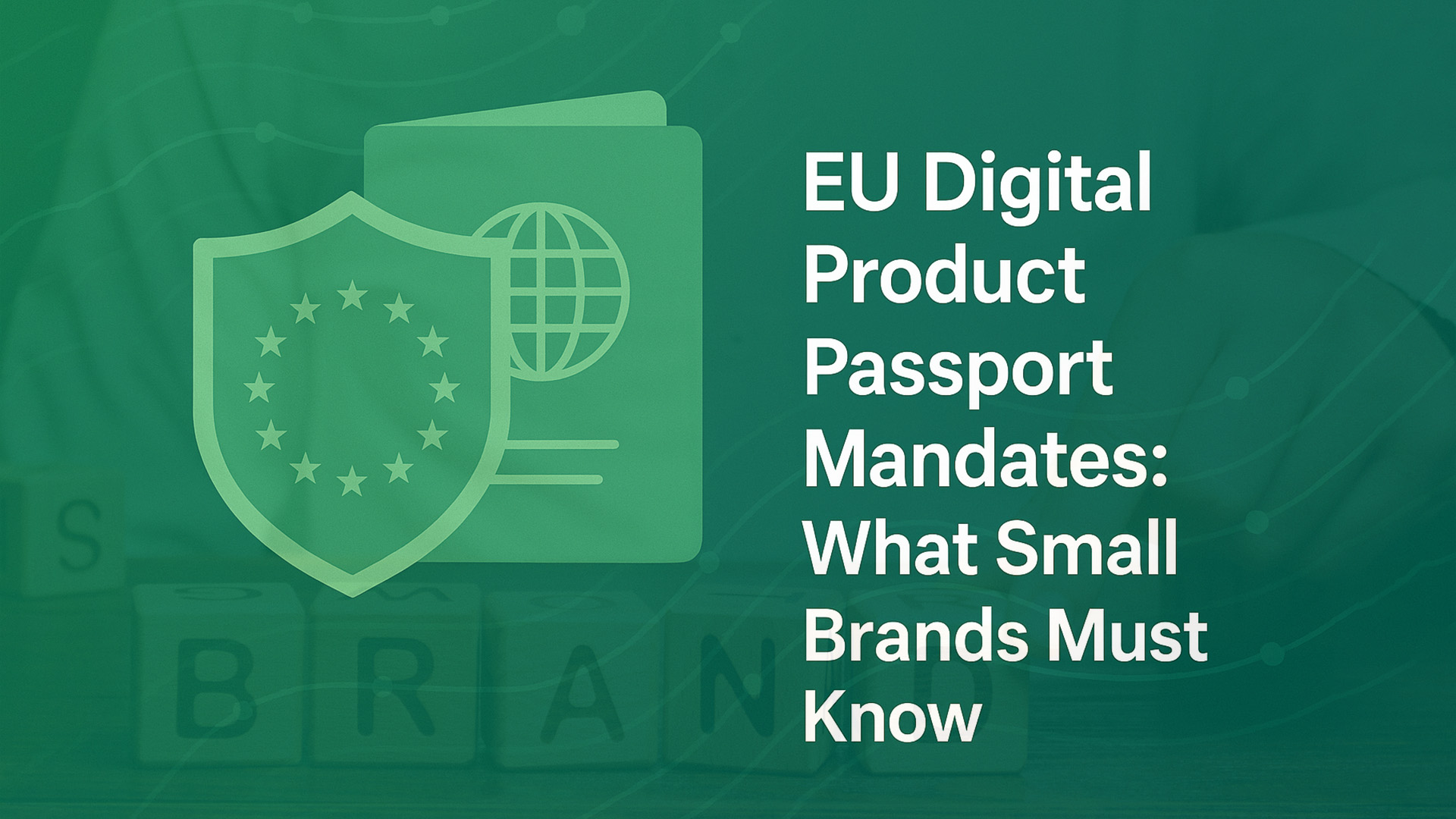
Introduction
The European Union (EU) is rolling out a transformative regulation known as the Digital Product Passport (DPP), designed to enhance transparency, sustainability, and circular economy practices across industries. It comes into effect in the Textile and Clothing industry in 2027.
While large corporations may have the resources to adapt swiftly, small brands must also prepare for compliance to remain competitive in the EU market. This blog explores what small businesses need to know about the DPP mandates, their implications, and how to navigate the transition effectively.
What is the Digital Product Passport?
The Digital Product Passport (DPP) is a digital record containing essential product information, including:
-
Materials and composition
-
Environmental impact
-
Repairability and recyclability
-
Supply chain details
-
Compliance documentation
The DPP is part of the Ecodesign for Sustainable Products Regulation (ESPR), which aims to improve product sustainability and consumer awareness. By 2027, many product categories—including textiles, electronics, and batteries—will be required to have a basic DPP.
Why is the DPP Important for Small Brands?
For small businesses, the DPP presents both challenges and opportunities:
Challenges
-
Data Collection & Management – Small brands must gather extensive product lifecycle data, which can be resource-intensive.
-
Compliance Costs – Implementing DPP systems may require investment in technology, training, and supply chain transparency.
-
Competitive Pressure – Larger brands may adapt faster, making compliance a necessity for small businesses to remain viable.
Opportunities
-
Consumer Trust & Brand Value – Transparency fosters trust, making small brands more attractive to eco-conscious consumers.
-
Sustainability Leadership – Early adoption can position small businesses as leaders in sustainable practices.
-
Market Access & Growth – Compliance ensures continued access to the EU market, opening doors for expansion.
How Small Brands Can Prepare
1. Understand the Requirements
Small brands should familiarize themselves with the specific DPP mandates for their industry. The regulation will initially focus on batteries, textiles, and electronics, with broader applications expected by 2030.
2. Partner with a reputable DPP Provider
By partnering with a reputable DPP provider small business can avoid the administrative burden and potential resource challenges associated with compliance.
Green Threads DPP actively works with your team to engage with supply chain partners and up stream suppliers to gather accurate and product level data so that your team can focus on the job of designing, creating and selling great products.
3. Collaborate with Suppliers
Supply chain transparency is crucial. Small brands should:
-
Engage suppliers to ensure accurate data reporting
-
Request sustainability certifications
-
Develop partnerships with eco-conscious manufacturers
This will help meet DPP requirements without overwhelming internal resources.
Green Threads team will naturally be able to help engage with suppliers and by completing comprehensive Scope 1,2 & 3 audits for each of your suppliers you will have actionable data with which to rate and select suppliers that are actively reducing their own carbon footprint and supplying environmentally friendly products.
4. Educate Consumers
Since the DPP enhances product transparency, small brands can leverage it for marketing:
-
Highlight sustainability efforts in branding
-
Use DPP data to showcase ethical sourcing
-
Engage customers through eco-friendly initiatives
This approach can turn compliance into a competitive advantage.
Conclusion
The EU Digital Product Passport is a game-changer for product transparency and sustainability. While small brands may face challenges in adapting, proactive preparation can turn compliance into an opportunity for growth. By investing in digital tools, supply chain collaboration, and consumer education, small businesses can thrive in the evolving EU market.
Are you ready for the DPP transition? Start preparing today to stay ahead of the curve!

